
What Your Nightmares Really Mean
What Your Nightmares Really Mean: Triple the Risk of Early De.ath and Secrets Few People Know
A recent study has revealed alarming truths about the impact of nightmares—and how we might gain control over them.
Nightmares are more than just bad dreams; they can have serious consequences for both mental and physical health. In fact, frequent nightmares may triple the risk of dying early.
Pounding heart, sweating, gasping for air—you’ve probably woken up in this state at least once in your life, maybe even within the past week. Nightmares yank you from the comfort of your bed into terrifying dreamscapes. But like many people, you might think: “They're not real, so they can't actually harm me,” right?
Wrong.
According to researchers at Imperial College London, a groundbreaking study presented at the European Academy of Neurology Conference two weeks ago uncovered deeply concerning facts about what happens during sleep. The findings show that nightmares can have such a serious impact on your health that experiencing them once a week may increase your risk of dying before age 70 by three times.
In fact, the study found that nightmares are a stronger predictor of early death than well-known risk factors such as smoking, obesity, or lack of exercise.
The First Study to Link Nightmares with Biological Aging
This large-scale research analyzed data from over 2,400 children and 183,000 adults over a period of more than 19 years. It’s the first study of its kind to directly connect frequent nightmares with accelerated biological aging. Lead sleep researcher Dr. Abidemi Otaiku, from the UK Dementia Research Institute, emphasized that nightmares represent “a public health concern.”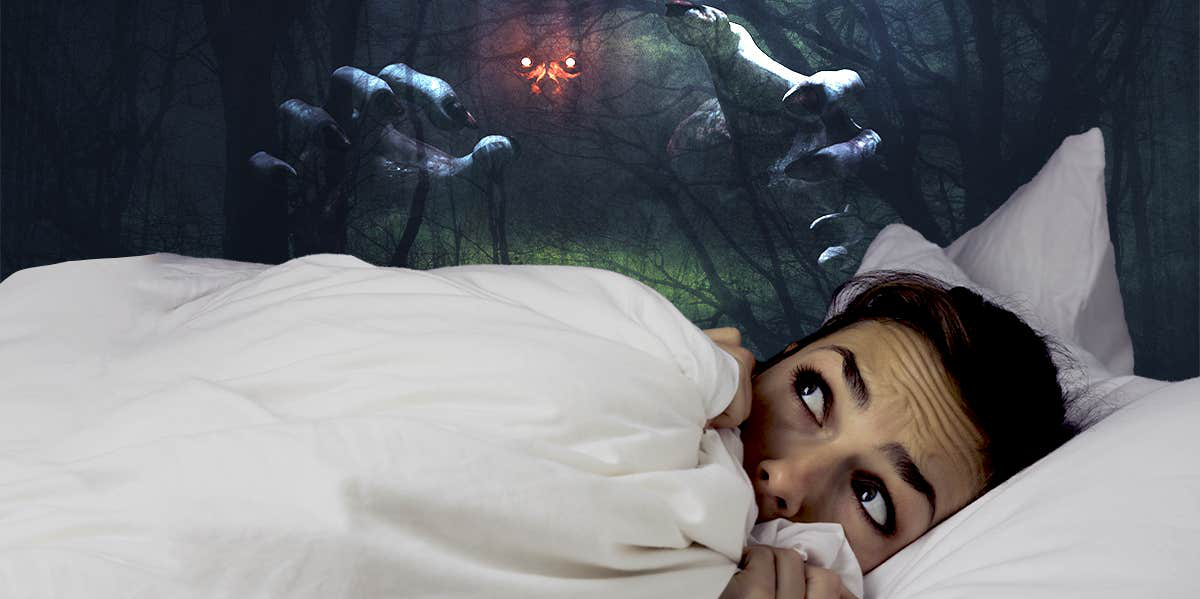
With 1 in 20 people experiencing nightmares weekly—and nearly half the UK population reporting nightmares at least once a month—these findings are nothing short of alarming.
Why Do Some People Have Nightmares More Than Others?
On a basic physiological level, all mammals, from whales to guinea pigs, experience something like dreaming—and are thus also prone to nightmares.
In humans, Dr. Justin Havens, a trauma therapist and leading nightmare specialist, explains that dreams act as a form of overnight therapy. He notes:
“Dreaming is an evolved survival mechanism. We're trying to emotionally process the experiences of the day. Nightmares occur when this system fails or gets disrupted mid-cycle—like a blown fuse during sleep.”
Professor Guy Leschziner, a neurologist and sleep medicine expert at King’s College London, adds that nightmares often evolve from emotionally distressing or traumatic dream content.
Bottom Line
Nightmares are not just fleeting nighttime fears—they can be warning signs of deeper mental and physical health issues. Recognizing their impact may be the first step toward managing them and improving overall well-being. And with science now linking nightmares to early mortality, it’s clear they deserve more attention than we’ve given them before.
News in the same category


Expert Warning: The Culprit Causing Mold in Spices Has Been Identified! 90% of Households Make Storage Mistakes!

As a mother, please don't show favoritism!

A Common Habit 9 Out of 10 People Make When Using Air Conditioners
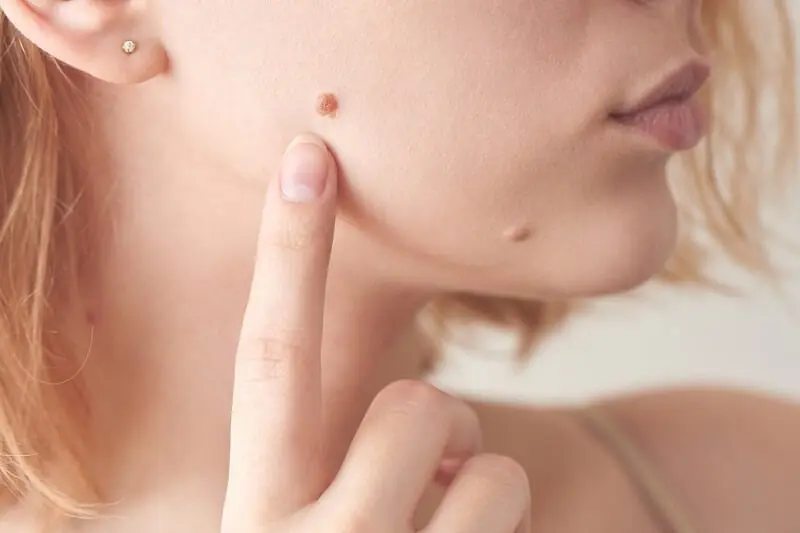
3 Mole Locations That May Signal Skin Can.cer: Don’t Ignore These War.nings

A "treasure" tree for humans, picking seeds and selling them can also make a lot of money

Marine Animal Shows Are Officially Banned in Mexico After Historic Legislative Vote

The U.S. Ranks the “World’s Best Vegetables”

Why hotel rooms are usually not numbered 420

Put a Handful of Salt in the Fridge A Golden Trick Everyone Wants to Try After Reading

Do This Instead to Keep Them Fresh for a Whole Year

6 dishwashing habits that "invite trouble" that many families are making!

Alzheimer’s May Not Originate in the Brain, Scientists Suggest

Beleaguered Weather Service defends its forecasts as Texas officials point fingers over flood warnings
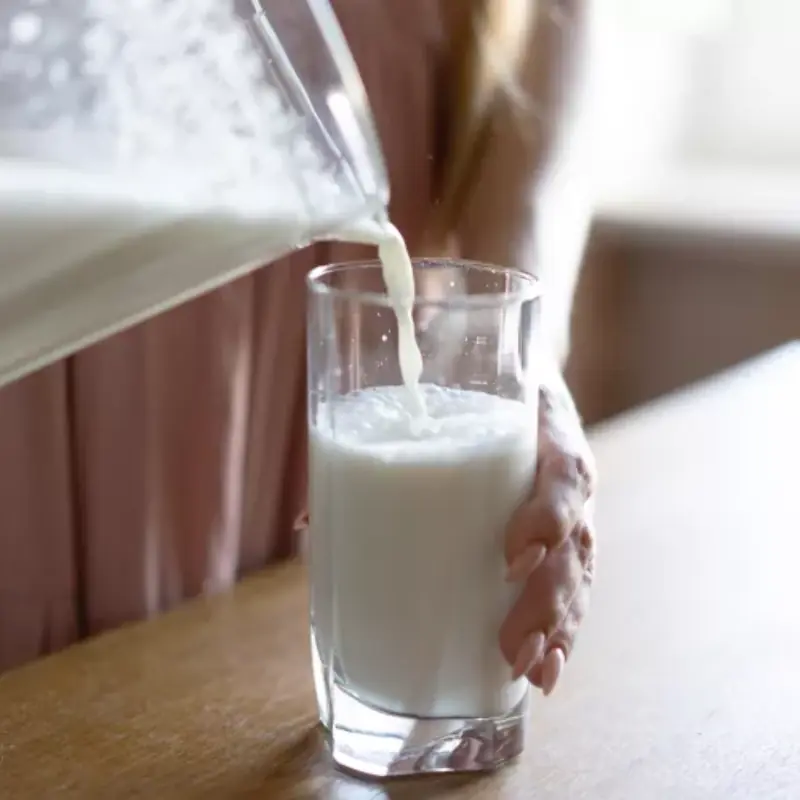
A Glass of Milk a Day Could Help Lower Women's Risk of Color.ec.tal Can.cer

A Common Ingredient in Energy Drinks May Be Linked to Blo.od Can.cer
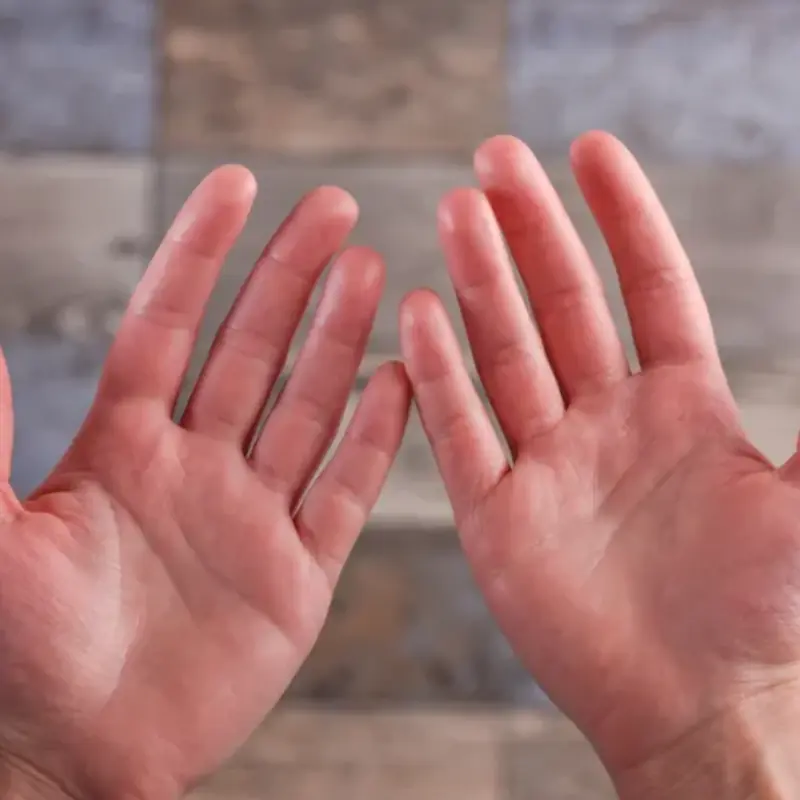
What Your Finger Length Could Reveal About Your Cardio Fitness

Is 'Razor Blade Throat' Really a Sign of the Newest COVID Variant?
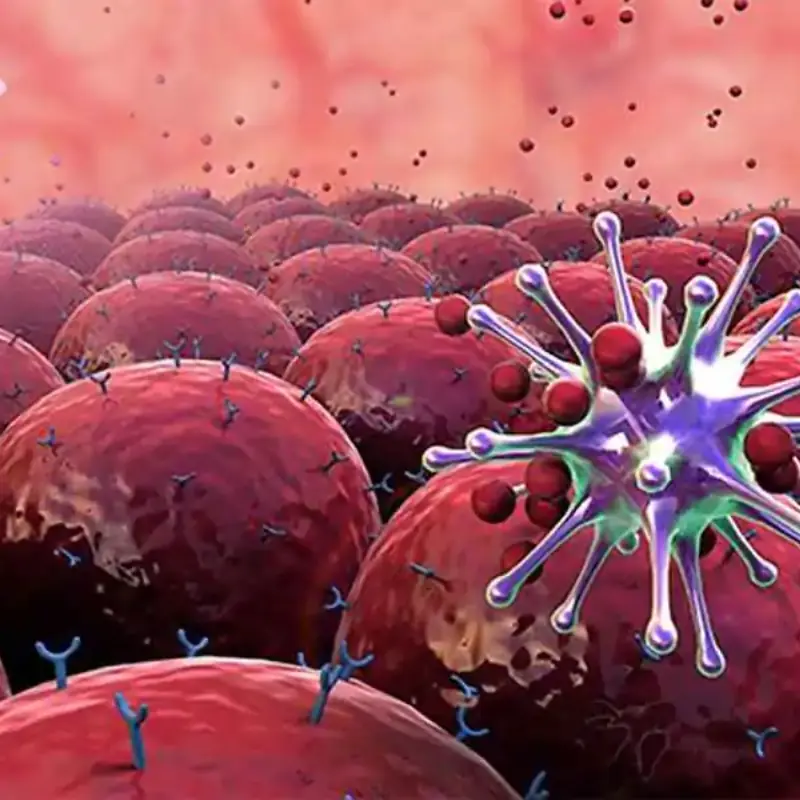
USA: Successfully tested a special dru.g that can elimi.nate up to 70 types of can.cer
News Post

Pouring Hot Water into the Kitchen Sink

Grandparents taught us NOT to wash clothes at night, NOT to hang clothes overnight - We must obey!

Brushing your teeth before bed is a mistake! This is when you really need to brush your teeth

Expert Warning: The Culprit Causing Mold in Spices Has Been Identified! 90% of Households Make Storage Mistakes!

As a mother, please don't show favoritism!

Add this to the flower water and the flowers will stay fresh all week, despite the hot weather

A Common Habit 9 Out of 10 People Make When Using Air Conditioners

3 Mole Locations That May Signal Skin Can.cer: Don’t Ignore These War.nings

Is Eating Sweet Potatoes Good for You? Health Benefits Everyone Should Know

Japanese Doctor Shares 5 Simple Tips to Keep Malignant Cells from Returning
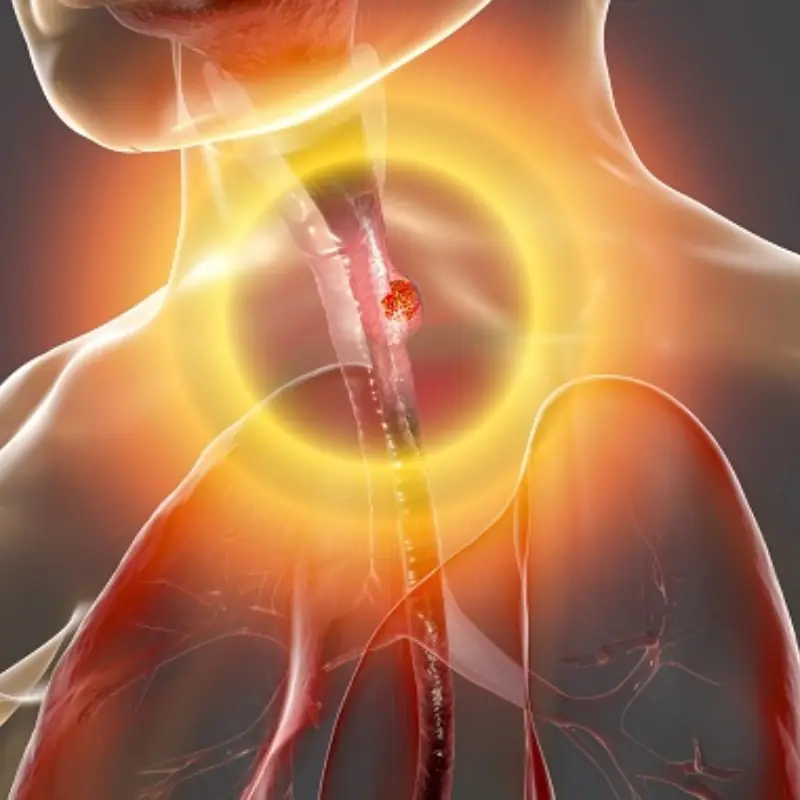
A Common Eating Habit That May Raise Your Risk of Esoph.ageal Can.cer

A "treasure" tree for humans, picking seeds and selling them can also make a lot of money
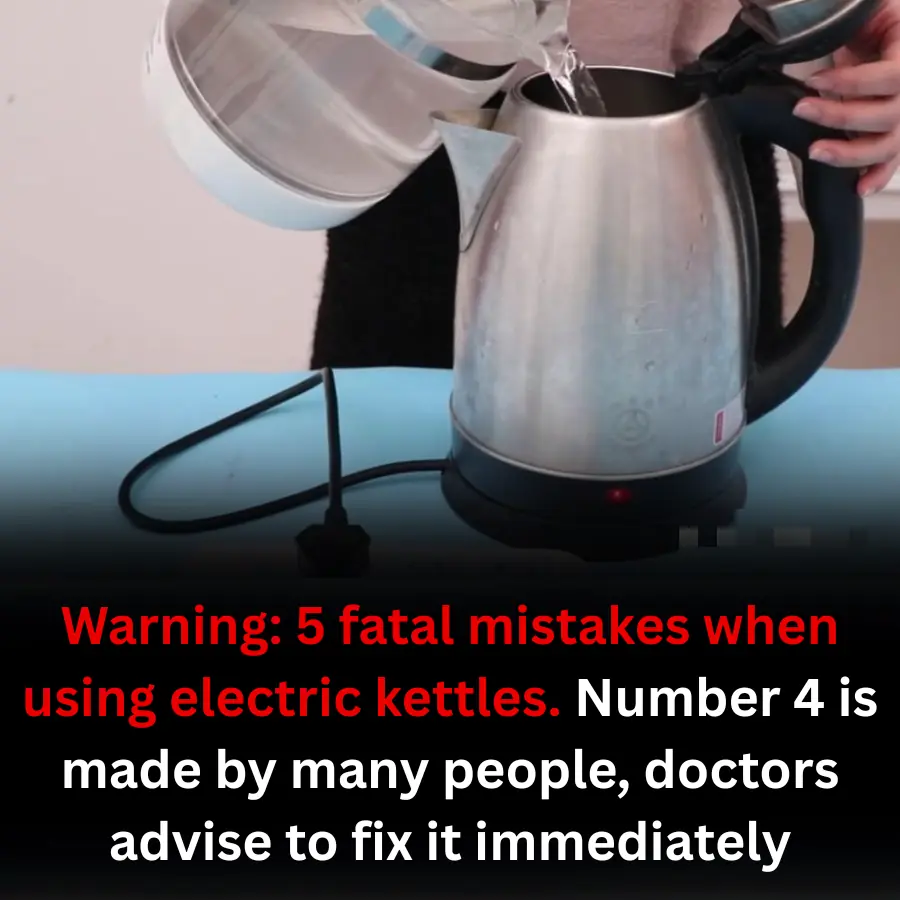
Warning: 5 fatal mistakes when using electric kettles: Number 4 is made by many people, doctors advise to fix it immediately

6 plants in their house: Drive away evil spirits, attract money, and bring good fortune to their children
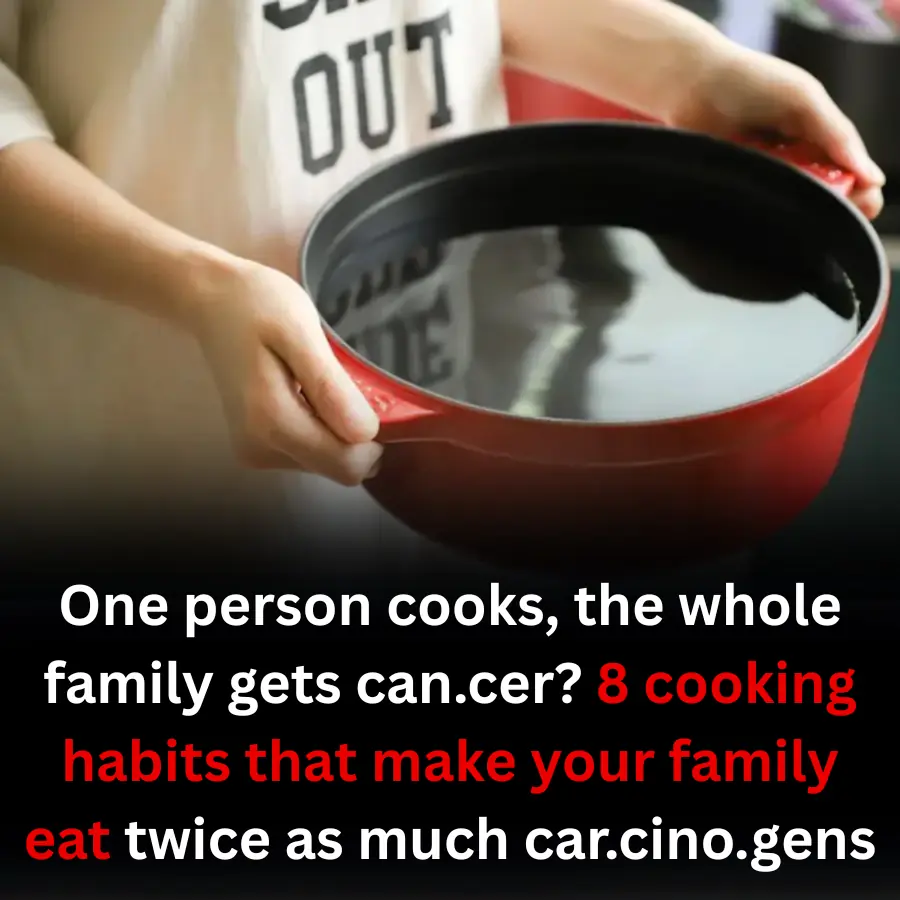
8 Cooking Habits That Make Your Family Eat Twice as Much Carcinogens

Marine Animal Shows Are Officially Banned in Mexico After Historic Legislative Vote

Closing the door when turning on the air conditioner is not necessarily good, experts show what to do
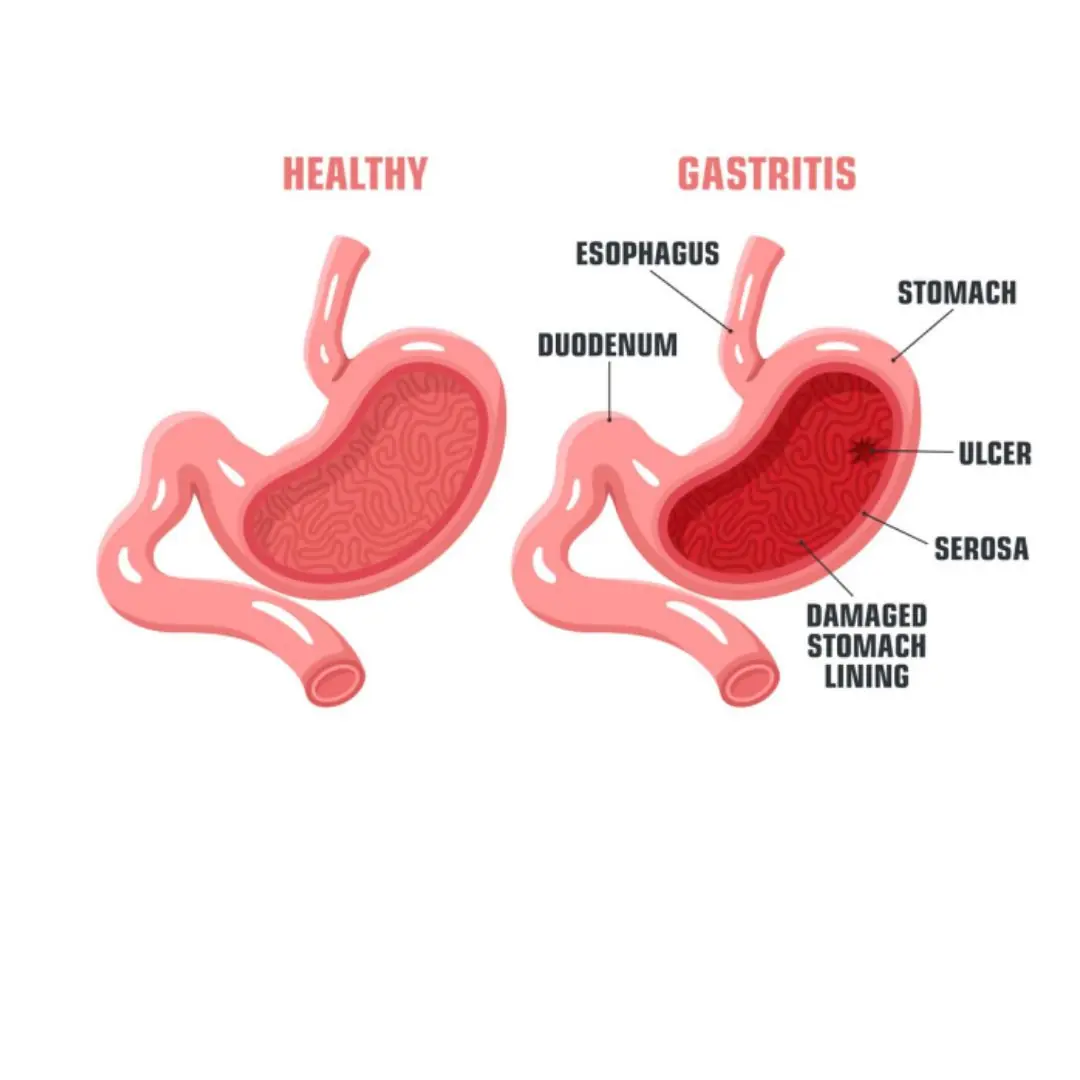
4 common mistakes when eating breakfast that seriously d.a.mage the stomach but few people notice
